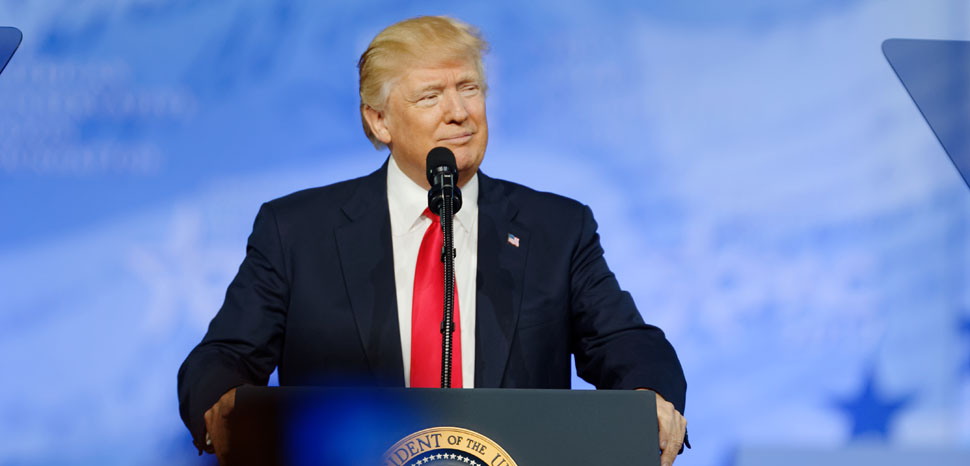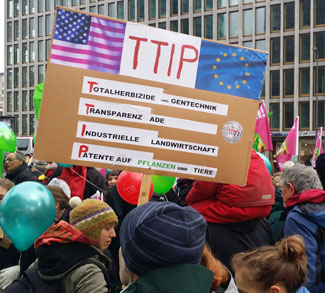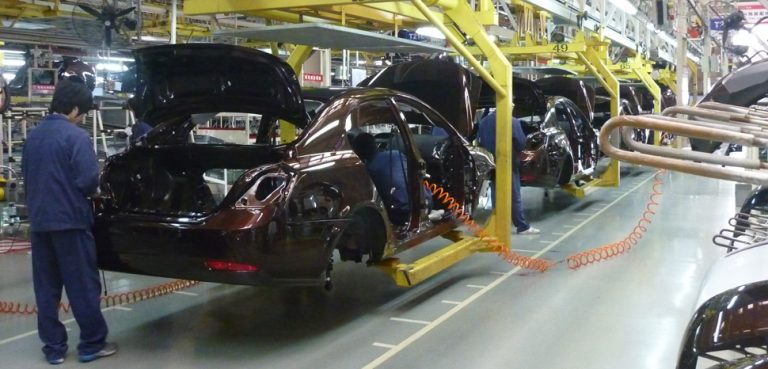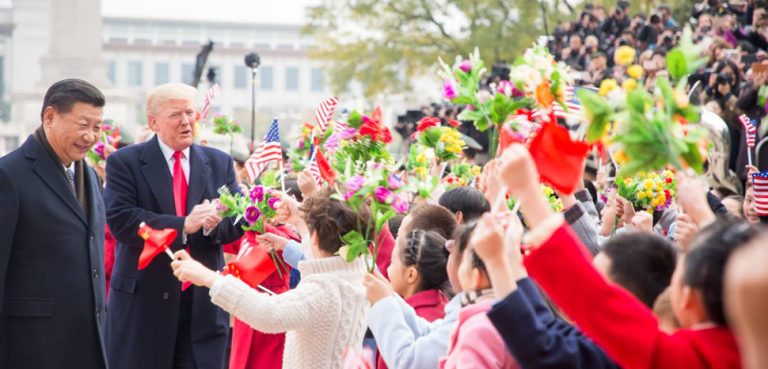Summary
The Trump administration didn’t pulled any punches this month when it finally announced trade tariffs on imported solar panels and washing machines. The tariffs target South Korea and China, two Asian countries the Trump base has often identified as free-riding on the US-led global order. The restrictions are aimed at boosting US manufacturing, but critics warn the tariffs will slow down the global shift to renewable energy whilst increasing consumer costs. A bigger question is whether the measures are simply red meat for the president’s base as he attends the World Economic Forum at Davos, or if they mark the start of a more directly protectionist turn in US policy and, eventually, international markets. The decision to put 30 percent tariffs on solar panel imports could usher in a downturn in relations with China for example, which have been growing uneasy as the president’s war-of-words with Chinese ally North Korea has escalated.
Impact
Tensions boil over in a longstanding trade dispute. Once China joined the World Trade Organization in 2001, it became the most frequent target of US trade enforcement actions, previously within the WTO and now outside of it. The case against China goes far beyond solar panels, and includes allegations that the Chinese government restricts exports of key raw materials needed for the production of steel, aluminum, and other industrial products in order to benefit its own industries. Beijing is also accused of widespread intellectual property theft over its policy to force foreign companies to turn over intellectual property if they wish to do business in China. Chinese companies are also known to engage in commercial espionage and US companies claim to have lost billions of dollars through the theft of ideas and software by their Chinese counterparts.




